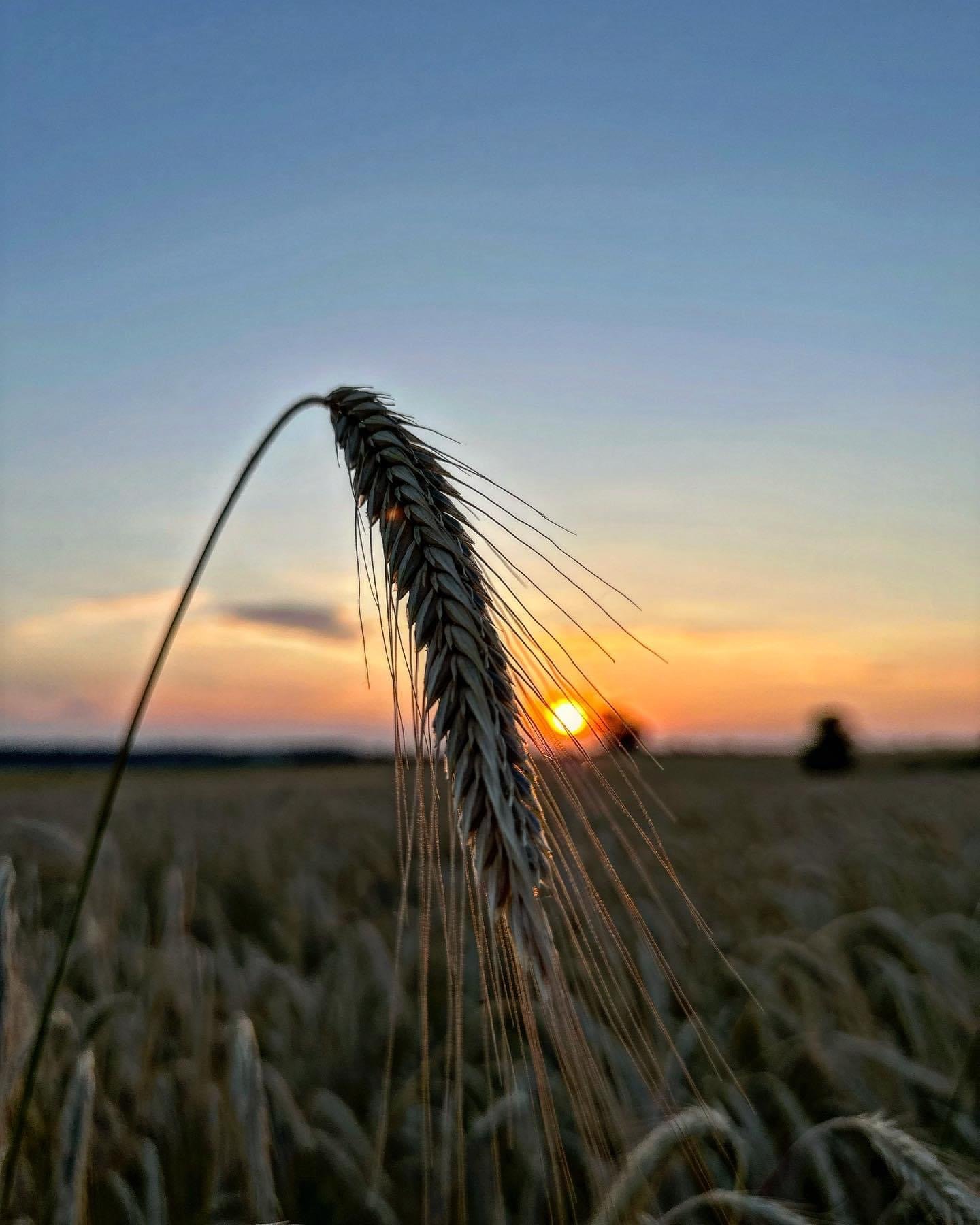 Image 1 of 3
Image 1 of 3

 Image 2 of 3
Image 2 of 3

 Image 3 of 3
Image 3 of 3




Rye Flour
A close relative of both wheat and barley, rye is a cereal grain popular throughout much of the world. It has an intense earthy flavor and is darker than its wheat counterpart. Rich in fiber, B vitamins, and crucial minerals such as potassium, magnesium, calcium, zinc and iron, rye flour is great for adding flavor and nutrition to your baked goods. While often used in bread recipes, its complex flavor profile makes it a great flour option for recipes that include other dark and delicious ingredients like molasses and chocolate.
Flavor Profile: tangy, complex, subtly spicy with hints of vanilla
Uses: bread, cookies, brownies, pairs well with chocolate and molasses
Performance notes: the gluten in Rye is less elastic and weaker than that of wheat, resulting in more dense loaves when used on its own. It is often blended with wheat flour to create breads with a balance of flavor and structure.
Recommended Hydration Percentage: 75-100% (Rye absorbs more water than wheat flour)
While we pride ourselves on sourcing our grains from trusted local farms, sometimes it is not possible. The current lot of Rye we have available was purchased on the open market and is from a farm in South Dakota that prefers to remain anonymous.
A close relative of both wheat and barley, rye is a cereal grain popular throughout much of the world. It has an intense earthy flavor and is darker than its wheat counterpart. Rich in fiber, B vitamins, and crucial minerals such as potassium, magnesium, calcium, zinc and iron, rye flour is great for adding flavor and nutrition to your baked goods. While often used in bread recipes, its complex flavor profile makes it a great flour option for recipes that include other dark and delicious ingredients like molasses and chocolate.
Flavor Profile: tangy, complex, subtly spicy with hints of vanilla
Uses: bread, cookies, brownies, pairs well with chocolate and molasses
Performance notes: the gluten in Rye is less elastic and weaker than that of wheat, resulting in more dense loaves when used on its own. It is often blended with wheat flour to create breads with a balance of flavor and structure.
Recommended Hydration Percentage: 75-100% (Rye absorbs more water than wheat flour)
While we pride ourselves on sourcing our grains from trusted local farms, sometimes it is not possible. The current lot of Rye we have available was purchased on the open market and is from a farm in South Dakota that prefers to remain anonymous.
A close relative of both wheat and barley, rye is a cereal grain popular throughout much of the world. It has an intense earthy flavor and is darker than its wheat counterpart. Rich in fiber, B vitamins, and crucial minerals such as potassium, magnesium, calcium, zinc and iron, rye flour is great for adding flavor and nutrition to your baked goods. While often used in bread recipes, its complex flavor profile makes it a great flour option for recipes that include other dark and delicious ingredients like molasses and chocolate.
Flavor Profile: tangy, complex, subtly spicy with hints of vanilla
Uses: bread, cookies, brownies, pairs well with chocolate and molasses
Performance notes: the gluten in Rye is less elastic and weaker than that of wheat, resulting in more dense loaves when used on its own. It is often blended with wheat flour to create breads with a balance of flavor and structure.
Recommended Hydration Percentage: 75-100% (Rye absorbs more water than wheat flour)
While we pride ourselves on sourcing our grains from trusted local farms, sometimes it is not possible. The current lot of Rye we have available was purchased on the open market and is from a farm in South Dakota that prefers to remain anonymous.
